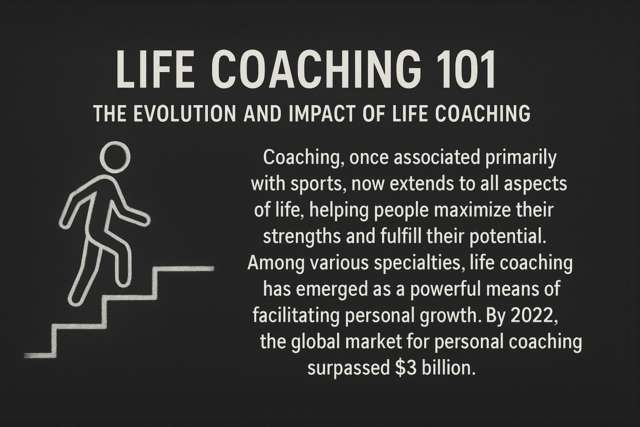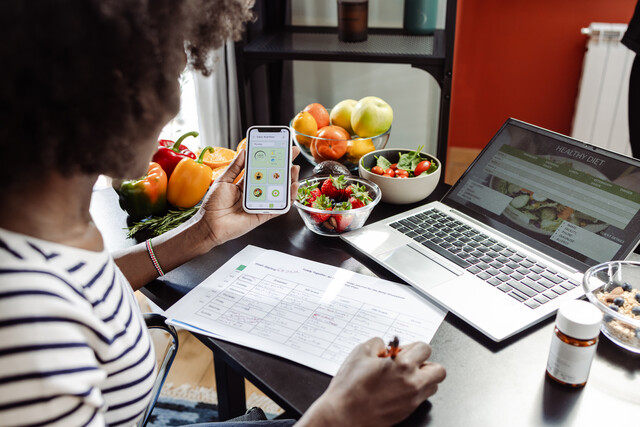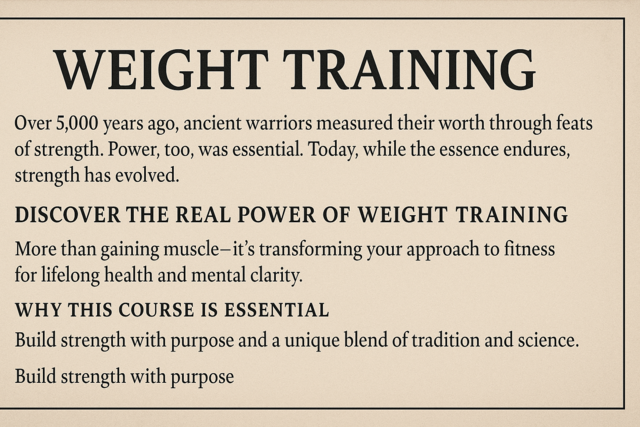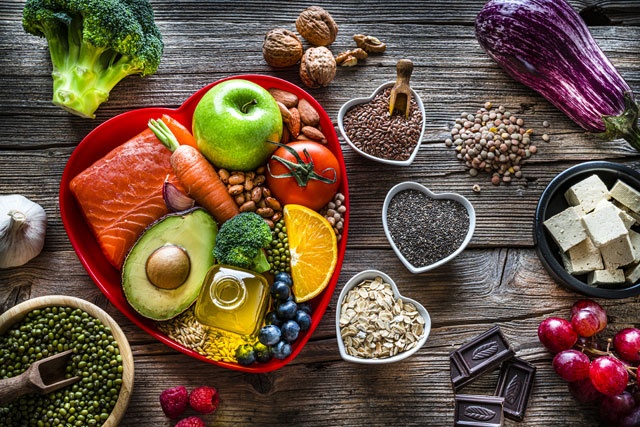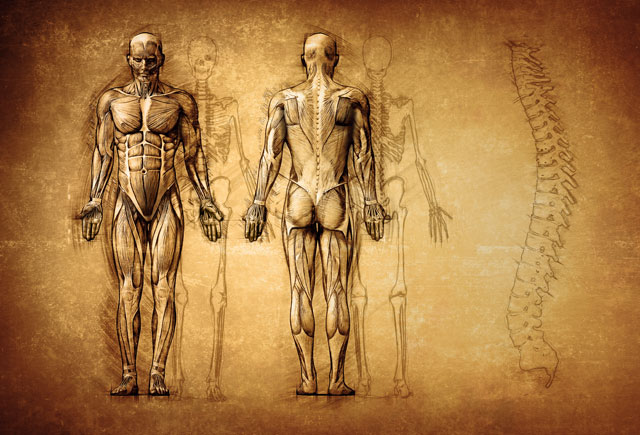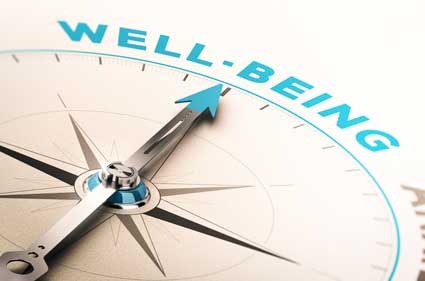?
Vitamins either dissolve in water or in oil, not in both. If a vitamin can only dissolve in fats, it is considered fat-soluble. You can store fat-soluble vitamins in your liver until you need them, so that you don't have to eat a minimal amount of the vitamins every day. If you eat a meal rich in Vitamin A on Tuesday, whatever you don't need that day will still be around a few days later. Because these vitamins can accumulate in your system, it is actually possible to get too much of a good thing and cause an overdose (this is highly unlikely with food sources, but more common if you just take too many supplements).
The amount of fat-soluble vitamins in a daily multivitamin is usually well below the level that health experts consider harmful. However, people can run into a problem when they decide that, if one vitamin a day is good, two or three should be even better. You might also decide to eat a vitamin-fortified breakfast cereal, and eat a vitamin-enriched power bar during the middle of the day. It's a good idea to scan food labels and understand how much of the fat-soluble vitamins that you are actually eating each day, and try to eat a balanced diet of whole, minimally processed foods.
Vitamin Types
You can get Vitamin A in one of two ways, pre-formed from animal products, or as in the "provitamin" form, found in vegetables and greens. The most common provitamin form of Vitamin A is beta-carotene, which lends a bright orange color to carrots, sweet potatoes, and bell peppers. Your body converts beta-carotene into Vitamin A.
Vitamin A helps maintain good vision, a healthy immune system, and a healthy reproductive system. It is also important for your heart, lungs, and kidneys. In the U.S., it is very rare for people to suffer a Vitamin A deficiency unless they have a digestive disorder that keeps them from absorbing nutrients from food. In developing countries, however, the most common symptom of Vitamin A deficiency is night blindness.
If you eat too much Vitamin A, you might experience dizziness, nausea, or a coma. One harmless side effect of eating too much beta-carotene is having your skin turn orange temporarily.
The U.S. Food and Drug Administration recommends eating about 5,000 IU of Vitamin A per day, mostly through a range of healthy plant and animal sources.
Some of the best sources of Vitamin A are organ meats like liver (which should be used sparingly, because it's also high in cholesterol), salmon, vegetables that are dark green or bright orange or red (like carrots, spinach, collards, red peppers, and sweet potatoes), orange-colored fruits like mangoes, and dairy products.
Vitamin D
Vitamin K
Vitamin K plays an important part in helping wounds heal because it facilitates blood clotting. It also helps maintain bone health. You can get ample Vitamin K from green leafy vegetables like spinach, Brussels sprouts, and cabbage. Deep in your intestines, tiny microorganisms have a beneficial relationship with your body, and one of the benefits they offer is a continuous production of Vitamin K. Vitamin K deficiency is rarely seen, except in newborn infants, whose intestines do not yet host a colony of these vitamin-brewing organisms.
Vitamin E
Vitamin E is an antioxidant that fights the damaging effects of free radicals. Free radicals are molecules that contain an unshared electron. This may sound pretty innocent: what difference can one lonely little electron make? But here's the thing, electrons are "happiest" and at peace when they are shared. An unshared or lonely electron is a troublemaker looking for damage to cause, and when these little devils happen to be hanging around in your body, they cause problems like premature aging, inflammation, and chronic diseases (like heart disease and cancer). Free radicals are a natural byproduct of converting food into energy, but you also get them from the environment: cigarette smoke, smog, pollution, and too much UV radiation from the Sun, all contribute damaging free radicals.
Vitamin E helps slow down the production of free radicals from food digestion. Aside from its antioxidant effects, Vitamin E also improves immune function and helps keep blood clots from forming inside your veins. Adults are advised to get about 15 mg of Vitamin E per day from food sources like nuts, seeds, wheat germ, vegetable oils, and green leafy vegetables. It's very rare to see a Vitamin E deficiency, except in people who have diseases that keep them from absorbing fat. It is possible to get too much Vitamin E (generally from supplements and not through food sources). Excessive Vitamin E has been linked to increased difficulty clotting blood, which could lead to hemorrhaging.




